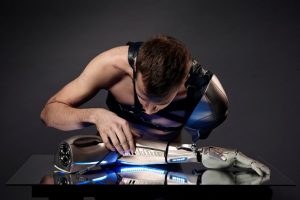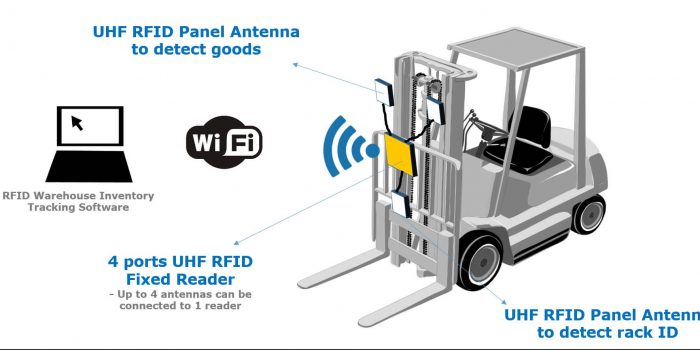Studies indicate that acceptance of artificial limbs in amputees will be enhanced neuroprosthesis providing appropriate, graded, distally referred sensations of touch and movement allowing for a more physiologicaly adequate and adaptable control system.

Our team develops affordable multi-grip bionic arms. We recently partnered with prestigious research institutions within Armin-SEE R&D project that aims to develop a personalised arm neuroprosthesis, equipped with artificial skin and sensorial feedback. Patients with partially amputated superior limbs will enjoy bidirectional connect to the prosthesis with the peripheral nervous system from the patient stump. This approach allows amputees to both judge and set grip force and joint position in an artificial arm providing a substrate for natural integration of the artificial limb into the amputee’s brain. This will be the first direct neural feedback neural control of an artificial arm in amputees.
Increasing the application of research results, in regenerative medicine, human-machine interfaces, organ on chip (Bioprinting for nerves regeneration), advanced robotics, new paradigms in neuroprosthetic surgery are just some of the research aims.
Key targets are:
- to elaborate the mechanical structure of the artifical limb
- develop the neuroprosthesis control;
- increase the quantity and quality of neurosignals collected on the stump & the tactile feedback;
- design and develop the software implementation of the motion algorithms database
- successfully fabricate the implantable electrodes;
- fabricate the fully functional implantable neural interfaces connecting the prosthesis to the peripheral nervous system of the patient stump, including: electronics, bio-printed regenerative bio-interfaces, Wi-Fi module;
- implant the electrodes & neural interfaces into the patient stump;
Areus development team is proud to partner with University of South-Eastern Norway , POLITEHNICS University, Academy of Medical Studies, Emergency Clinical Hospital, and the National Institute for Research and Development in Microtechnologies in the ARMIN-SEE R&D project, The results will represent a breakthrough as compared to previous / preliminary work done by various specialist teams involved in such device implementation.
The next stage of this R&D project will be to continue the development of smart apps to allow wearers to setup and configure of their intelligent artificial prosthesis directly from their smartphone.
Building on our core Medical Devices Research and Development practice we look forward to contributing into more cutting edge Robotics and Artificial Intelligence advancing healthcare frontiers.
If you would like more information about this research and development project do not hesitate to contact us. We would be happy to provide you with advanced engineering and research assistance in solving complex medtech challenges.





